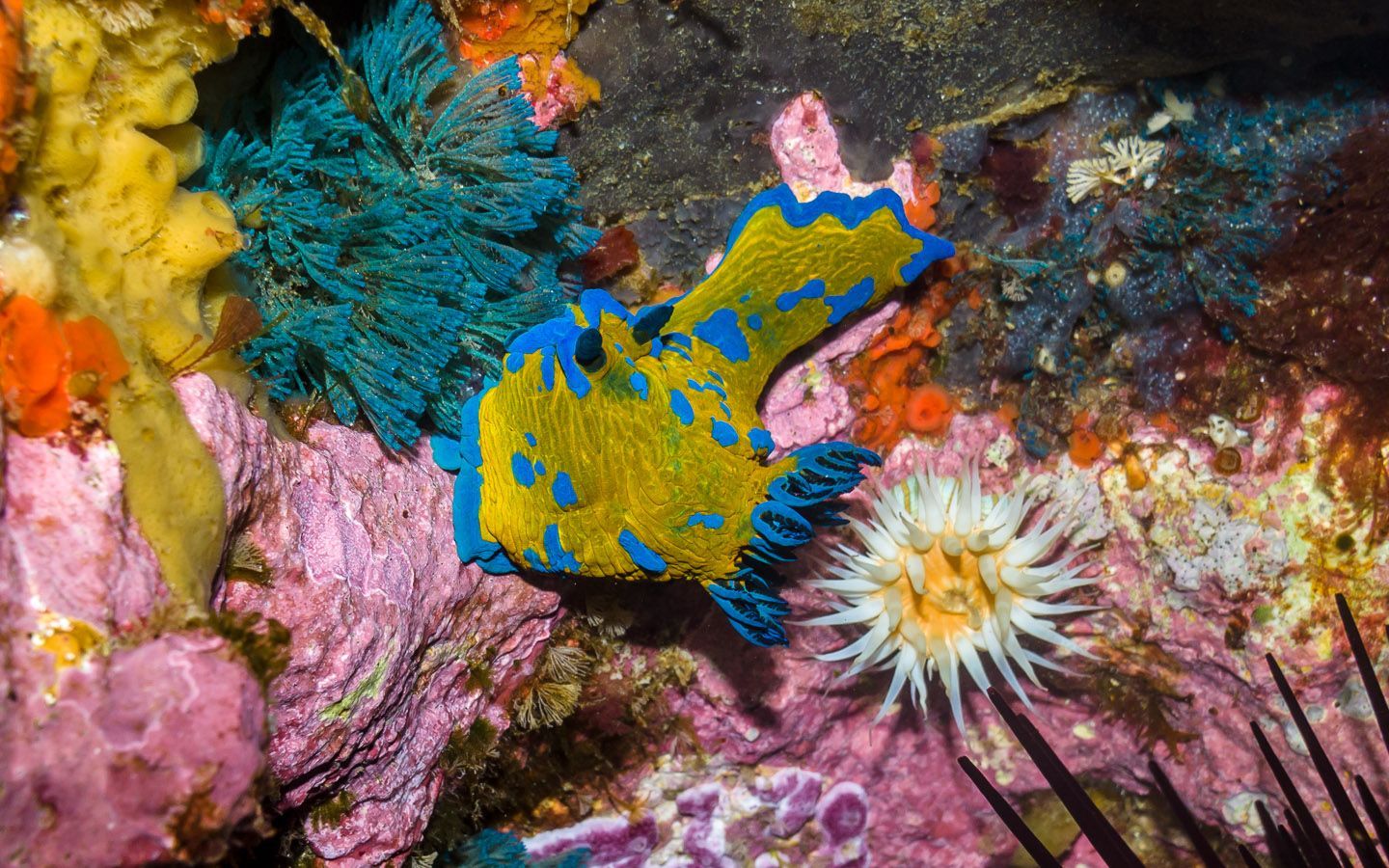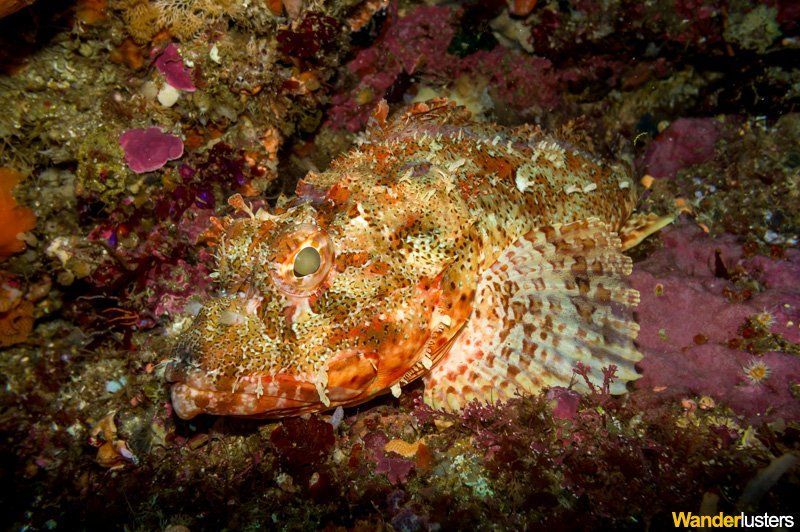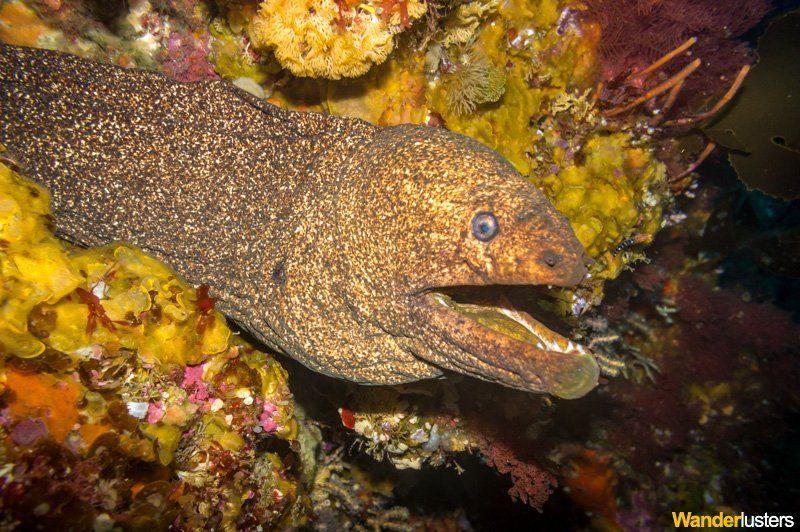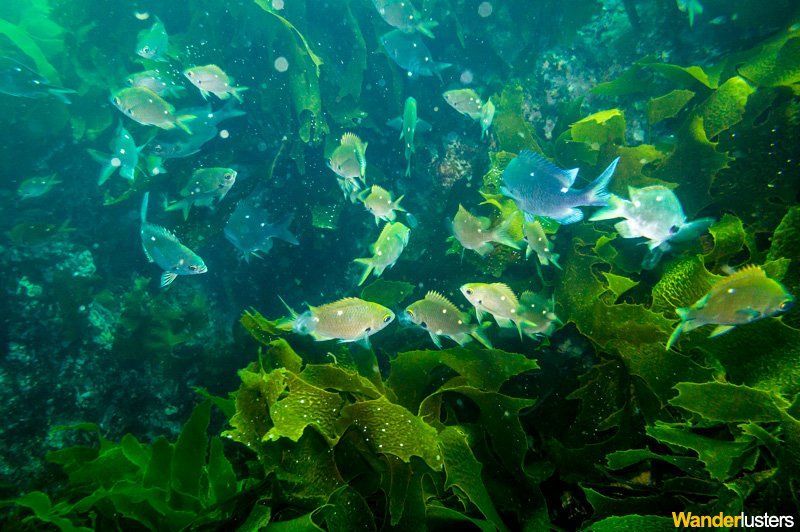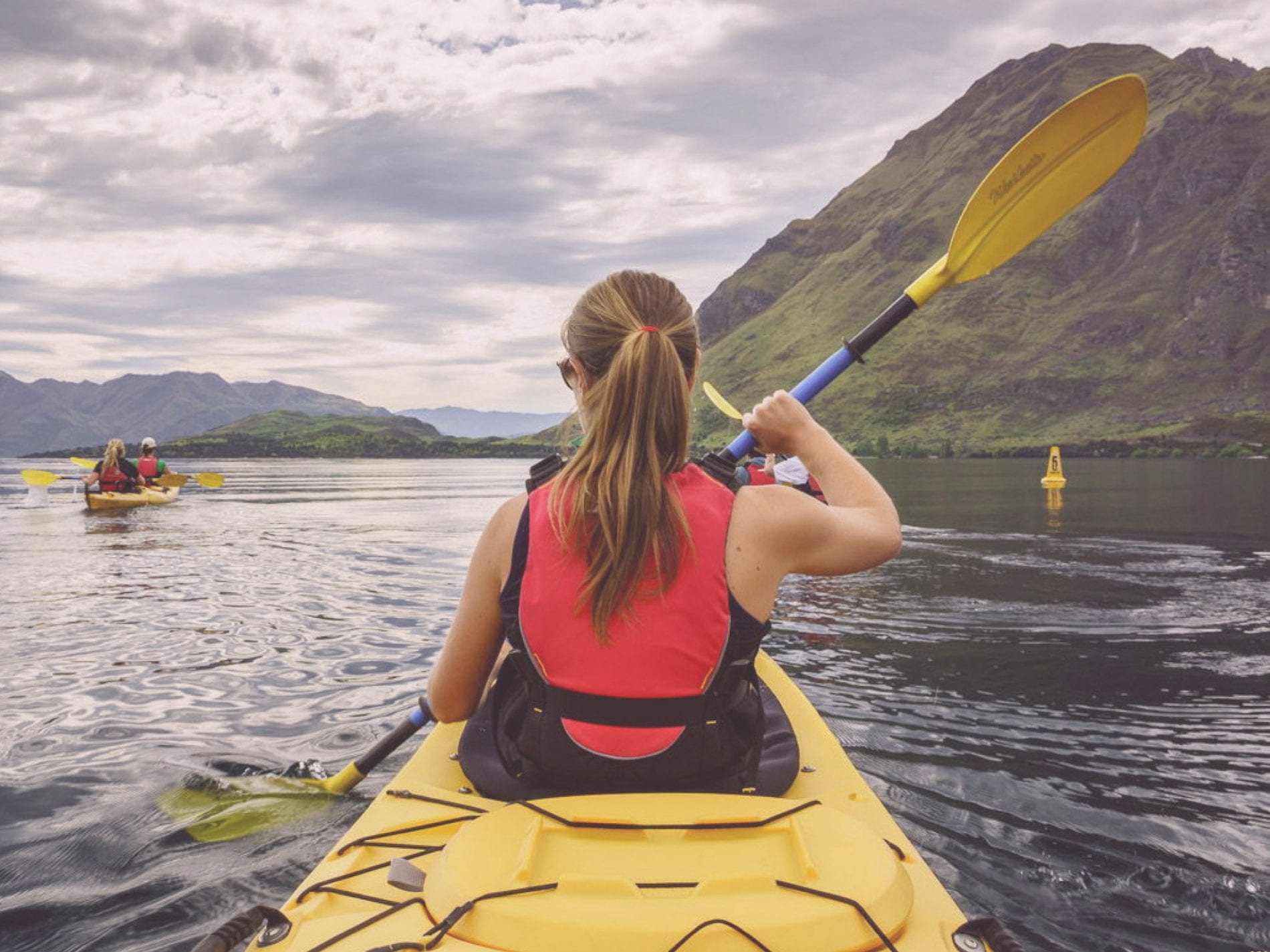The Poor Knights Islands lay just 22km from the shores of New Zealand’s Northland. Uninhabited since the 1820’s they are the eroded remnants of a 4 million year old volcano. Submerged by the rising tides the islands play host to a dark Maori legend of death and destruction.
It is said that Maori tribes inhabited Aorangi and Tawhiti Rahi the two largest islands in the chain for centuries. Quarrelling over food with tribes from the main land the Chef set out with his warriors on a hunting expedition.
Having left his tribe without defence they were helpless when hunters from the mainland attacked. When the Chief returned he was met by survivors who had fled the attack.
Enraged by the horrific death bestowed on his tribe the Chief declared the islands to be strictly Tapu (spiritually restricted) and to this day no one has set foot on their shores. The English word ‘Taboo’ is said to have been derived from this Maori expression.
TAWHITI RAHI | THE POOR KNIGHTS ISLANDS
There has been much debate regarding the English name for the islands and its origins. The most popular theory is that Cook named them after the classic British desert the ‘Poor knights Pudding’ that turns stale bread into a sumptuous rich desert.
However my favourite theory is that it is because their combined silhouette looks like a knight laid asleep in the ocean. Wherever their name originates the islands are have gained a reputation for their pristine underwater environment and rich waters.
Established as a marine reserve in 1981 the area is fiercely protected and has captured the imagination of scuba divers all over the world. The Marine park is particularly special because it is home to a diverse spectrum of life completely undisturbed by human influence.
In our opinion the only way to experience the wealth of life on offer at the Knights is to get your head underwater and join a dive expedition.
There are a number of operators who offer both day trips and live aboard diving however we recommend spending as much time as you can exploring the diverse eco system. Two dives aboard a day boat just wont be enough.
VOLCANIC UNDERWATER ARCHITECTURE
The Knights’ architectural beauty was sculpted during the last ice age, as water pounded the volcanic rock weaker areas collapsed forming vast sea caves, tunnels, over hangs and archways.
With such a diverse underwater environment there is no wonder that it is recognised as one of the few remaining pristine eco systems on the planet.
The lack of human interference here has encouraged the growth of a subtropical playground for marine and plant life, with thousands of different species taking refuge here throughout the year divers experience an underwater world like no other.
The local inhabitants include countless species of fish and crustaceans, a wealth of corals and macro life and because the Knights plunge down to the sea floor at around one hundred meters they also play host to larger animals such a ray and sharks.
Those fortunate enough to dive here will notice that the marine life is unfamiliar with the destruction usually associated with a human presence and so go about their business among the kelp in a fashion like nowhere else on earth.
While staying aboard the Pacific Hideaway we visited a number of sites around the islands, with over fifty different sites to dive no two trips are the same, yet all just as spectacular as the last.
The Lost World, Northern Arch, Taravana Cave and Landing Bay Pinnacle were all highlights of our two day trip providing a spectacular backdrop against which to spot some of the areas inhabitants.
The dark waters made you feel as though civilisation had rewound itself and you were diving beneath the gaze of the ancient Maori tribes who once inhabited the land above.
Although the visibility was somewhat clouded due to the seasonal algae bloom the increase in nutrient rich water provided a greater wealth of activity among the kelp.
The wealth of life was astounding, Ben and I spent at least thirty minutes at the entrance to The Lost World spotting innumerable species of colourful nudibranchs and throughout the weekend we spotted eagle and long tailed stingrays, mosaic moray eels, wrasse and pink and blue maomao to name but a few.
A UNIQUE UNDERWATER WORLD
One of the countless anomalies within the Knights is Rikoriko Cave, named as the largest sea cave on the planet it provides an underwater environment like nothing on earth. When underwater the sea bed bears a resemblance to the surface of the moon, with large boulders and ‘moon rock’ littering the floor.
Much of the life in the cave has been tricked into thinking it is at much greater depths due to the lack of light and when diving here you are treated to sights usually reserved for those of a much more adventurous nature.
One of the more awe inspiring sites inside the cave is the carcass of a fifteen meter long Sperm Whale that had died in the area and over time been washed into the cave. Resting on the bottom at about 15m there are various bones littered on the floor that make a great subject for some interesting underwater photography.
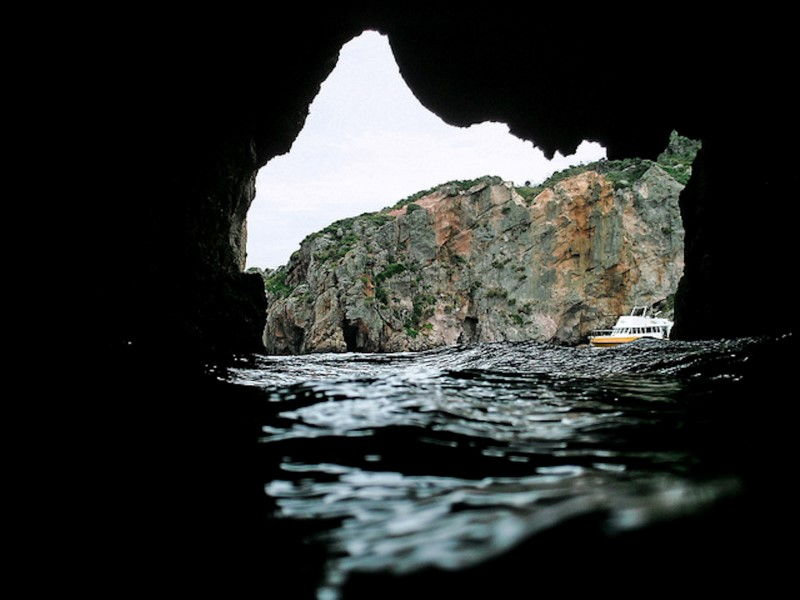 Image |CC Flickr thievingjoker
Image |CC Flickr thievingjoker
Using a sophisticated 3D laser scanner and traditional hydro graphic surveying techniques models have been calculated to determine the record breaking volume of the cave as 7.8 million cubic feet.
Formed over ten million years ago when a gas bubble set in the lava during a volcanic eruption the cave has played host to a number of unusual occupants during its history:
// In the Second World War a Japanese submarine is said to have taken refuge inside the cave while making vital repairs.
// Wade Doak conducted an experiment with underwater audio attracting a pod of dolphins who came into the cave to investigate further.
// Gregorian Chants, Maori Haka challenges, opera singers, Swiss yodellers, Irish folk singers, and didgeridoo players have made impromptu performances inside.
// Electronic band ‘Pitch Black’ performed for the Minister of Conservation during 2003 Sea Week where there were 10 boats inside the cave with over 100 people in and under the water.
DIVING THE POOR KNIGHTS
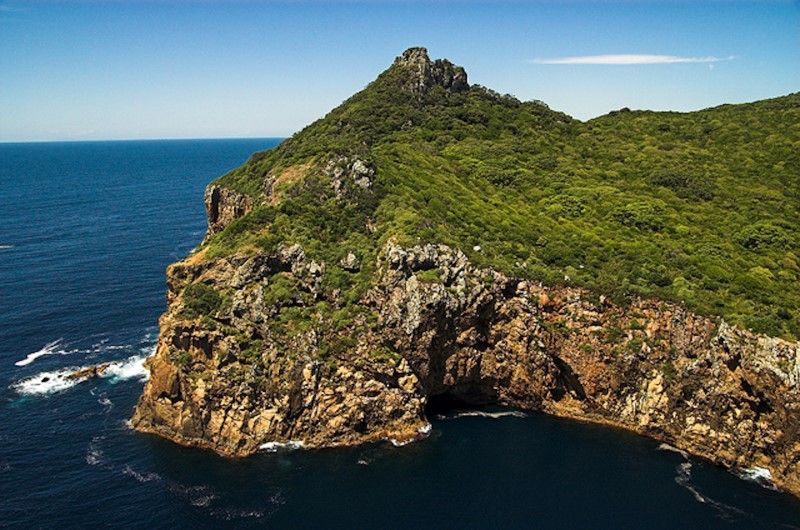 Image | CC Flickr A Perfect Day
Image | CC Flickr A Perfect Day
Diving the Poor Knights has been an unique experience and one that we would recommend for both beginner and advanced divers.
Would you like to explore the volcanic underwater of The Poor Knights Islands? Share your comments with us below.

